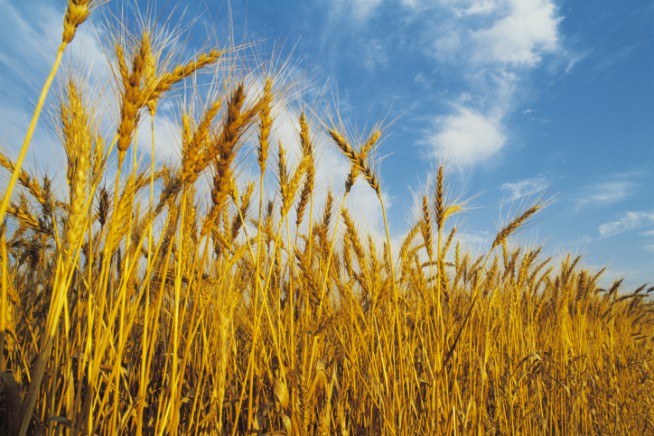Odds are you have noticed many new products at the supermarket touting themselves as “gluten-free,” or you’ve heard about this new arch enemy of digestive health discussed on talk shows. Have heard that switching to a gluten-free diet will help you lose weight, clear your complexion, or cure all of your maladies and bad habits? Has your favorite celebrity gone gluten-free? Are you intrigued?
There are certainly some good reasons to go gluten-free, but how do you know if a gluten-free diet will make you healthier, or if it’s just a fad?
WHAT DOES IT ALL MEAN?
It’s a good idea to know what gluten is before deciding whether or not to avoid it. Gluten is a natural protein found in many grains, including wheat, rye, barley, spelt, farro, and even most oats. In people with Celiac Disease, gluten can cause an extreme autoimmune reaction which results in damage to the small intestine, nutrient mal-absorption and gastrointestinal pain. For many others, with “gluten intolerance,” the inflammatory nature of gluten can cause a variety of symptoms including digestive discomfort, irritable bowel syndrome, joint inflammation, skin rashes, headaches, brain fogginess, among others. For people with these issues, a gluten-free diet is a necessity and not a fad.
HOW DO I KNOW IF I AM SENSITIVE TO GLUTEN?
Believe it or not, there are many people who are walking around with gluten intolerance or even Celiac and don’t even know it. Unfortunately, current blood tests are often unreliable. Actually, the best way to know if you will feel better on a gluten-free diet is to completely eliminate foods containing gluten for two–three weeks. And that means not a crumb—so read your labels! If you notice a positive change in both your physical and mental health, you don’t need a doctor or a blood test to tell you that gluten is working against you and that the two of you should break up.
SHOULD I GO GLUTEN-FREE EVEN IF I’M NOT INTOLERANT TO IT?
Adopting a gluten-free diet does not guarantee you will be following a healthful diet. Many people who aren’t gluten-intolerant ask me if they will lose weight or achieve better health by eliminating gluten. The answer is: it depends. Many people in the US consume far too many processed foods, most of which are derived from wheat—bread, pasta, cereals, pizza, baked goods. Anyone and everyone can benefit from consuming fewer processed foods. But because the gluten-free foods industry has skyrocketed, it may seem like an easy fix to go to the market and buy every new product with a gluten-free label. But there is no health benefit to replacing a wheat-based processed food such as pasta, with gluten-free pasta. In fact, many gluten-free snacks and desserts contain extra fillers and refined ingredients to act as binders and may offer fewer nutritional benefits than their gluten-containing counterparts. A change in the right direction would be to replace a processed food such as wheat pasta with a whole food such as quinoa or a sweet potato.
IF I CHOSE TO GO GLUTEN-FREE, WHAT CAN I EAT?
Fortunately, there are many whole foods that can be healthful replacements for gluten-containing products including:
- Quinoa
- Millet
- Corn and Polenta
- Oats (read your labels since many oats have been contaminated with gluten in processing)
- Buckwheat
- Rice (all varieties)
- Amaranth
- Sweet potatoes and regular potatoes
- Nuts and seeds
- Coconuts
- Fruits and Vegetables
- Animal meats
- Dairy
Have you recently gone gluten-free? Or have you considered going gluten-free? Please share your experience and any helpful tips!
Pamela Salzman is a certified holistic health counselor. She shares her approach to nutrition through her natural foods cooking classes and website, a resource for her healthful, family-friendly recipes and nutrition tips. She was recently profiled in Elle Magazine. Please visit Pamela’s website, Facebook page or Twitter, for more information and great resources.












